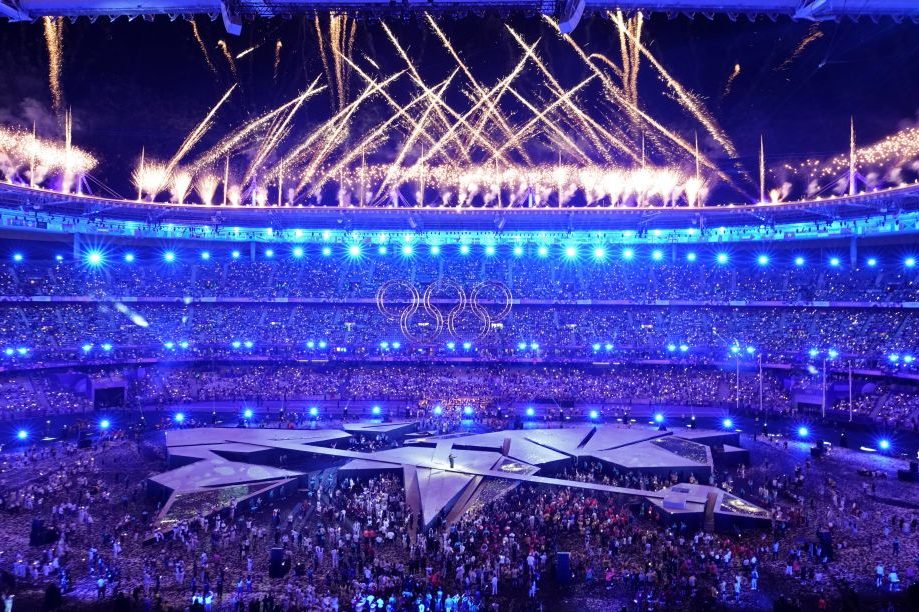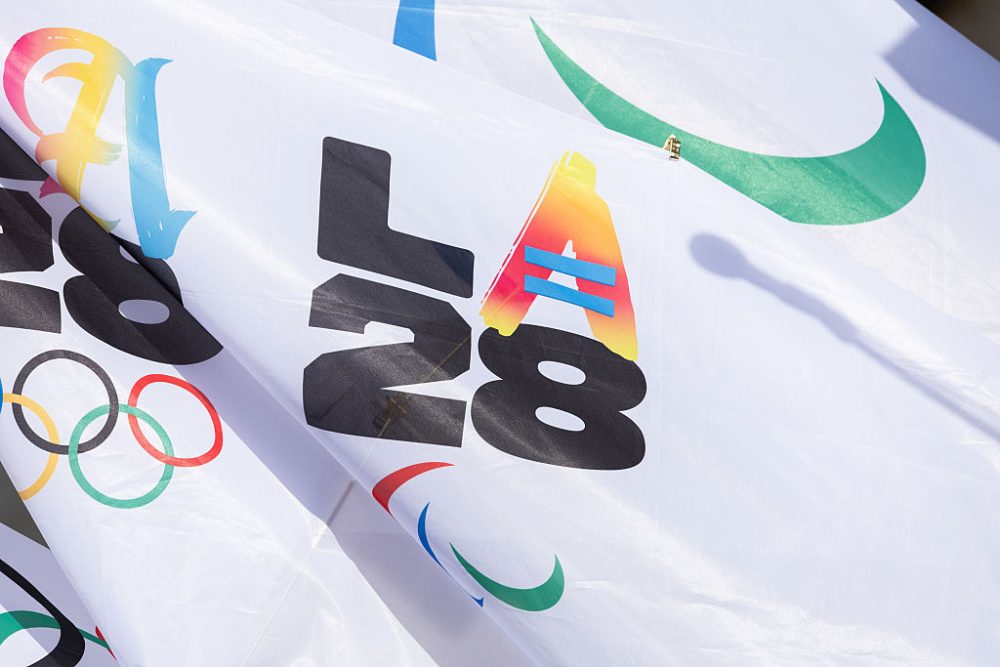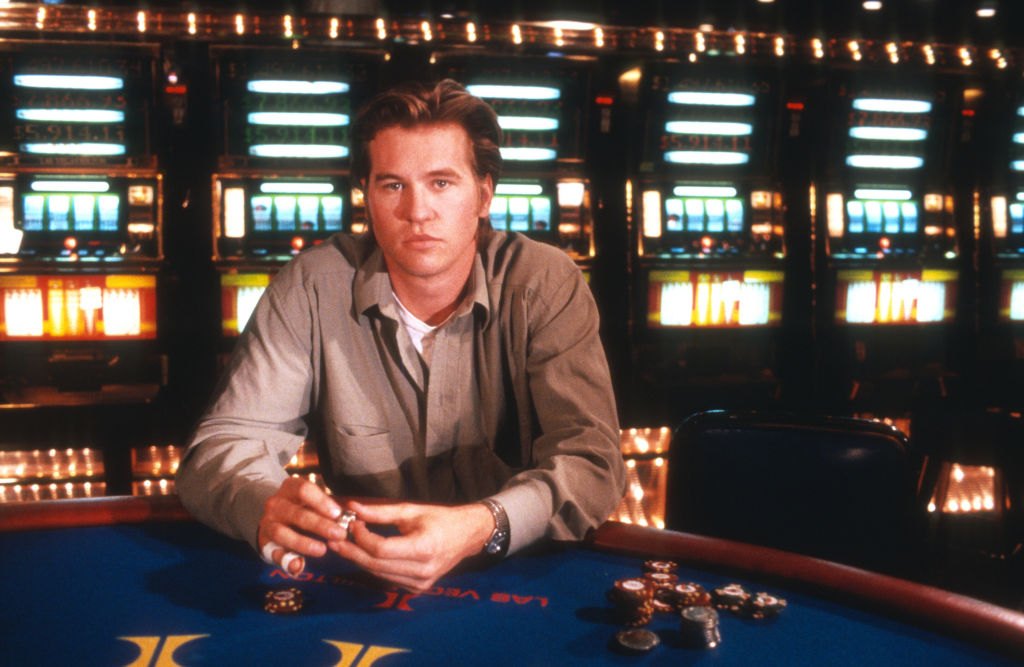After more than two weeks showcasing a series of extraordinary sporting feats, Paris brought the curtain down on the 2024 Olympics with a star-studded closing ceremony at the Stade de France last night. Billie Eilish, the Red Hot Chili Peppers and Snoop Dogg were just some of those to feature across the evening. Tom Cruise, star of the Mission: Impossible series, abseiled down from the roof of the stadium to mark the close of the Games and signify the handover from France to the state of California, home to Hollywood.
It was both dramatic and silly, a fitting end to one of the most memorable Games ever. Paris 2024 had it all, proving that nothing beats the thrills, tensions and sheer spectacle of live sport. There were also controversies aplenty.
The lavish opening ceremony attracted criticism for a banquet scene where an actor playing the Greek god Dionysus was the central figure on a table surrounded by drag queens. Was this meant to parody Leonardo da Vinci’s “The Last Supper” mural? Religious groups were quick to condemn the showpiece, with the Catholic Church in France saying it included “scenes of derision and mockery of Christianity.” Olympic chiefs were quick to issue an apology.
Perhaps the most high profile and damaging controversy came in the women’s boxing ring. It involved Algeria’s Imane Khelif and Taiwan’s Lin Yu-ting, both of whom went on to win gold. Questions persisted throughout over their eligibility to take part in the Games. This stemmed from a decision by the International Boxing Association (to disqualify them from the women’s world championships last year for failing unspecified gender eligibility tests. Olympic officials dismissed the IBA findings and cleared the boxers to fight in Paris. The controversy made headlines after the bout between Khelif and the Italian fighter Angela Carini was abandoned after just forty-six seconds. The Italian refused to fight on, claiming that she had never been hit so hard. The images of Carini, sinking to her knees in the boxing ring and weeping openly, will not be easily forgotten.
Even the showpiece event of the Olympics — the men’s 100m race — was not free from controversy. The American sprinter Noah Lyles won gold by a margin of just four thousandths of a second. His decision to lean forward at the end of the race, propelling his chest over the finish line, proved the critical difference in an astonishingly tight race. According to field and track rules, the athlete whose torso reaches the finish line first is declared the winner — yet this didn’t stop some spectators claiming on social media that the pictures showed that Lyles was not first over the finish line.
There was uproar in some quarters after America’s Shelby McEwen and New Zealand’s Hamish Kerr opted against sharing guaranteed gold in the men’s high-jump event. Instead they opted to go into a jump-off to decide first and second place. The American lost out, prompting fury on social media. “Why would anyone take the risk to lose gold?” asked one fan. Targeting McEwen in this way is unfair — It was a joint decision by both athletes to continue competing until one or the other was declared the winner. They were right to do so. Elite sport is ultimately about winning, with no place for notions — however well-meaning — that “all should have prizes.”
The controversies should not be allowed to overshadow the many brilliant individual and team moments in Paris — far too many to list. The American gymnast Simone Biles won three gold medals and a silver in a heartwarming return to top form. It was an astonishing comeback after worries about her health forced her to withdraw from the competition in Tokyo three years ago. The swimmer Leon Marchand is France’s new hero after he won a remarkable four individual gold medals and one relay bronze. Novak Djokovic, a superstar who has won everything in tennis, showed how much the Olympics means: he broke down in tears of joy after picking up the gold medal. Then there’s Team GB’s Keely Hodgkinson who took gold in the women’s 800m, a race she dominated. She is only twenty-two years-old, and now has Olympic gold and silver medals, as well as two World Championship silvers and two European titles.
In terms of the overall medal table, it was the now familiar battle for dominance between the United States and China. The two countries finished on forty gold medals each, with the Americans coming first on total medals won, 126 to ninety-one. The hosts France were fifth with sixteen golds. Team GB finished seventh in the table, with fourteen golds. Los Angeles hosts the next Games in four years’ time. Paris, for good and bad, will be a hard act to follow.
This article was originally published on The Spectator’s UK website.


























Leave a Reply